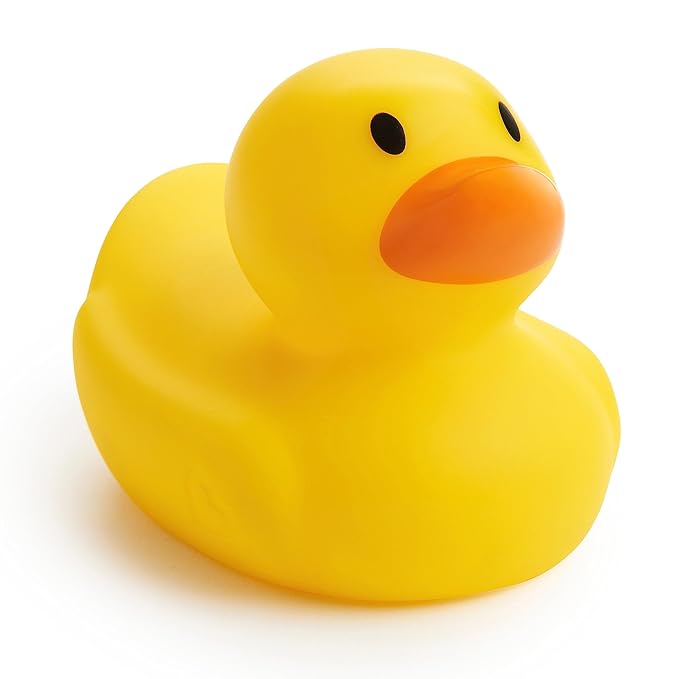RESEARCH IN EDUCATION
(this was originally posted for Week 5 of the Spring 2025 CS 6035 course, it’s been adapted for the website)
I looked up research on procrastination in education on Google Scholar. I decided to throw “Joyner” into the search terms. Dr. Joyner has his PhD in Human-Centered Computing; this paper from 2020 popped up:
Don’t let the long title discourage you — the paper overall is about measuring student emotions. Although the word “procrastination” is only in the paper twice, it’s used in the context of a concept called “Self Regulated Learning” (SRL). In this paper above, they note that:
The majority of SRL scholars all agree that SRL is not a fixed personal trait, but instead a skill that can be developed over time
This means if you are chronically behind on your schoolwork, there is hope for you! That sentence about SRL from the paper has another paper as the footnote:
This is a HUGE paper! cited by 1270 other papers, I rarely see that many citations on a paper, especially one from less than eight years ago. Just because it’s really hard to sign into (we do have access as GA Tech students) here’s a copy of the paper:
Self-regulated-learning-strategies-predict-learner-behavior_2017_Computers–.pdf
From that paper, this sentence stands out:
Half of the 84% who faced time issues also indicated being easily distracted from the course, which suggests that better metacognitive and resource management strategies could have prevented their disengagement.
That’s in context of a Massively Open Online Course (MOOC). To be fair, here in this class, in the structured degree program you’re in, you have a much stronger motivator to finish the degree than the average MOOC-taker. MOOC students are known for dropping out — in the average MOOC less than 10% of people who start MOOCs ever finish. It’s actually lower than than, about 5% or lower for some MOOCs.
Now, even with the pressure of the degree you are seeking, this may still not be enough to motivate you. But the results were clear in this study:
We found that learners who reported engaging more in goal setting and strategic planning were more likely to attain personal course goals, such as earning a certificate, consistent with prior research on these strategies (e.g., Schunk, 2005; Zimmerman & Pons,1986; Zimmerman, 2000). In contrast, help seeking was a negative predictor of goal attainment, unlike in prior work (Pintrich, 1999; Richardson et al., 2012).
LONG RAMBLE ON HELP SEEKING
The bold emphasis there is mine. I was surprised to find that “help seeking” was negatively correlated with “goal attainment,” i.e. success. I wonder if they have the relationship backwards, though.
They say “help seeking was a negative predictor of goal attainment.” This might take a serious read of the paper, which I have not yet fully done. But I wonder if it’s just the fact that the people with the least relevant skills in a course will be the ones to seek out more help. It could also be argued (and proven, I’m sure) that having prerequisite skills is a strong predictor of success.
This seems to be supported in the Discussion section. They try to interpret why they found a negative correlation between help seeking and success:
Alternatively, learners may report a high inclination for help seeking, because they are less confident in their ability to succeed in the course (i.e., low self-efficacy), a belief that may be justified given that there are no pre-requisites required for taking a MOOC.
This leaves those of you who don’t have the needed prerequisite skills (such as computer programming, command line skills, VM skills, etc) to seek help. And it’s likely that this same group will not do as well in the course. So I question that help seeking is some kind of bad thing in and of itself.
Where help seeking becomes a problem, in my opinion, is when it’s your first go-to. If you have a question that you could figure out for yourself, and you ask someone else for the answer, there’s a great strategy to follow instead. It comes from a prior TA for the course, Nate, for proper credit.
The idea is that before you would go to someone else and ask for help, consider what they would have to do to answer your question. Imagine, “what would they have to look up to answer my question?” Then go look it up yourself.
RUBBER DUCK STRATEGY
At the risk of wandering/rambling (too late) I’ll mention the rubber duck strategy. The rubber duck is a literal rubber duck that you would have on your desk.

When you have a question, you ask the duck! The act of verbalizing your question often gets a process going that shows you the answer. Often, Stack Overflow is a good rubber duck for me. I will bring up the page for a new question and take hours or even days to formulate a question, only to find the answer along they way. I have recently deleted about three questions I never posted in the first place.
All right, back to this paper. I accept this idea that help seeking is correlated with lower performance. I’m just not convinced it’s predictive. Having said that, what is someone supposed to do to literally be a better student?
SELF REGULATED LEARNING
For background, there’s a Wikipedia page on self-regulated learning.
A self-regulated learner “monitors, directs, and regulates actions toward goals of information acquisition, expanding expertise, and self-improvement”.[article source]
The idea is that you adopt a more conscious approach to learning. Set goals, try to reach them, and reflect on why you did (or didn’t) reach them.
I could dig deeper into the paper, it’s an interesting read but to end this I’ll just rip off these four points from Wikipedia:
- During the task perception phase, students gather information about the task at hand and personalize their perception of it. This stage involves determining motivational states, self-efficacy, and information about the environment around them.
- Next, students set goals and plan how to accomplish the task. Several goals may be set concerning explicit behaviors, cognitive engagement, and motivation changes. The goals that are set depend on how the students perceive the task at hand.
- The students will then enact the plan they have developed by using study skills and other useful tactics they have in their repertoire of learning strategies.
- The last phase is an adaptation, wherein students evaluate their performance and determine how to modify their strategy in order to achieve higher performance in the future. They may change their goals or their plan; they may also choose not to attempt that particular task again. Winne and Hadwin state that all academic tasks encompass these four phases.
Wikipedia contributors. (2025, February 2). Self-regulated learning. In Wikipedia, The Free Encyclopedia. Retrieved 17:57, February 2, 2025, from https://en.wikipedia.org/w/index.php?title=Self-regulated_learning&oldid=1273510081
At the risk of sounding a bit New-Agey (I did grow up in Northern California), there’s a concept of being present in the moment that could perhaps be applied to studying and doing our projects. There’s a great book, Be Here Now, it’s something of a hippie primer on how to live in the moment. One of the basic ideas is to be conscious of your own actions, to be reflective. (while I’m making consciousness-raising book suggestions, I’ll mention there’s also Zen and the Art of Motorcycle Maintenance for advanced seekers.)
If you keep meeting success, then great! Maybe you don’t need any self-reflection. But if you’re struggling in the course, I’ll just close out by saying that you should stick with it. If you’re considering dropping, and you don’t need the refund, you can stick around until the withdrawal deadline (which strangely isn’t posted on the GA Tech Academic Calendar). Then you can see the projects and see what’s involved, in case you’re going to make a return trip here.
On the withdrawal, date, they’ll announce that at some point, keep an eye on the calendar. (for Summer 2025 when this is posted, it’s July 28. See the academic calendar to be sure)
Have a good week!
Image credit “Army scientists energize battery research” by U.S. Army Combat Capabilities Development Command is licensed under CC BY-SA 2.0.

